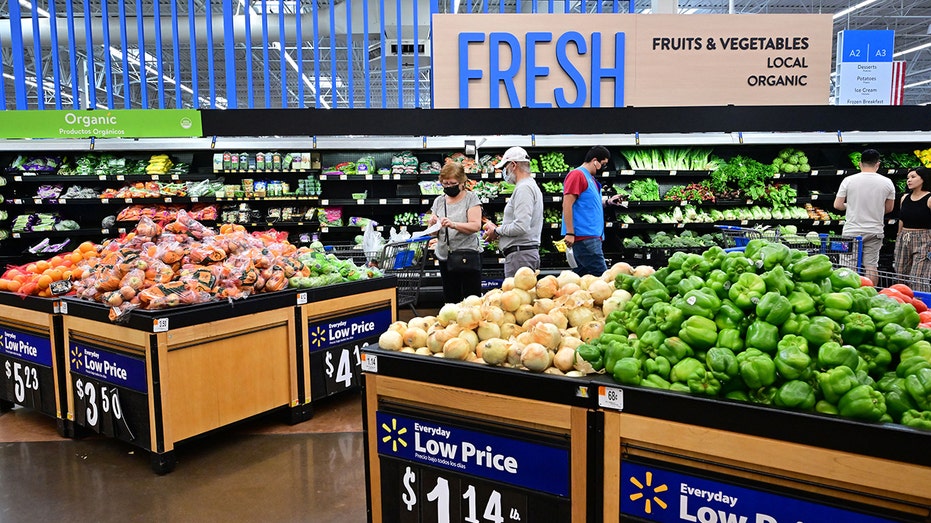September inflation report likely to show core prices surged to fresh 40-year high
Core inflation could skyrocket to another 40-year high as rent costs surge
Lawmakers torch Fed for its handling of US economy as inflation skyrockets
Congressional correspondent Chad Pergram details the criticism the Fed is taking over its effort to fight inflation on "Cavuto: Coast to Coast."
A high-stakes inflation report due Thursday is expected to show the fight to rein in soaring consumer prices has a long way to go.
The Labor Department is releasing the highly anticipated consumer price index (CPI) report on Thursday morning, providing a fresh look at how hot inflation ran in September.
Economists expect the gauge, which measures a basket of goods, including gasoline, health care, groceries and rent, to show that prices rose 0.2% in September from the previous month — up from the 0.1% reading in August. On an annual basis, inflation is projected to have climbed by 8.1%.
The report is likely to show underlying momentum in inflation as home prices march higher: core prices, which exclude the more volatile measurements of food and energy, are expected to climb 0.5% from the previous month and 6.1% from the same time last year.
THE FED'S WAR ON INFLATION COULD COST 1M JOBS
That would match the rate seen in March, which was the highest since 1982.
While consumers have recently gotten a little relief from inflation in the form of lower gas prices, the latest CPI report is likely to show that the cost of food and rent has skyrocketed. That is a concerning development because higher housing and food costs most directly and acutely affect household budgets.
A separate report released Wednesday by the Labor Department showed that inflation at the wholesale level rose faster than expected in September.
"In our view, inflation will remain elevated for longer than the Federal Reserve expects, and interest rates will remain higher than investors expect, which suggests elevated stock market volatility over the next year," said Ryan Belanger, the founder and managing principal at Claro Advisors. "Sustained periods of lower inflation readings will be the only path towards tranquility in the stock market."
The report will also have significant implications for the Federal Reserve, which is tightening monetary policy at the fastest rate in decades as it tries to cool consumer demand and reduce out-of-control inflation.

People shop for produce at a store in Rosemead, California, on June 28, 2022. (Frederic J. Brown/AFP via Getty Images / Getty Images)
Policymakers in September approved a third consecutive 75-basis-point rate hike, lifting the federal funds rate to a range of 3% to 3.25% – near restrictive levels – and indicated that more super-sized increases are coming. There is a growing expectation on Wall Street that the Fed will trigger an economic downturn as it raises interest rates at the fastest pace in three decades to catch up with runaway inflation.
"The chances of a soft landing are likely to diminish to the extent that policy needs to be more restrictive or restrictive for longer," Fed Chairman Jerome Powell said last month. "Nonetheless, we’re committed to getting inflation back down to 2%. We think a failure to restore price stability would mean far greater pain."
If the August inflation data comes in hotter than expected, it could raise the odds of an even steeper rate hike in September and a more aggressive central bank in the coming months.
CLICK HERE TO READ MORE ON FOX BUSINESS
The Fed is also watching other economic indicators, including job growth and consumer inflation expectations. In a potentially worrisome sign, job growth has been chugging along at a healthy pace and the unemployment rate returned to a half-century low in September, despite the central bank's efforts to cool the labor market.





















